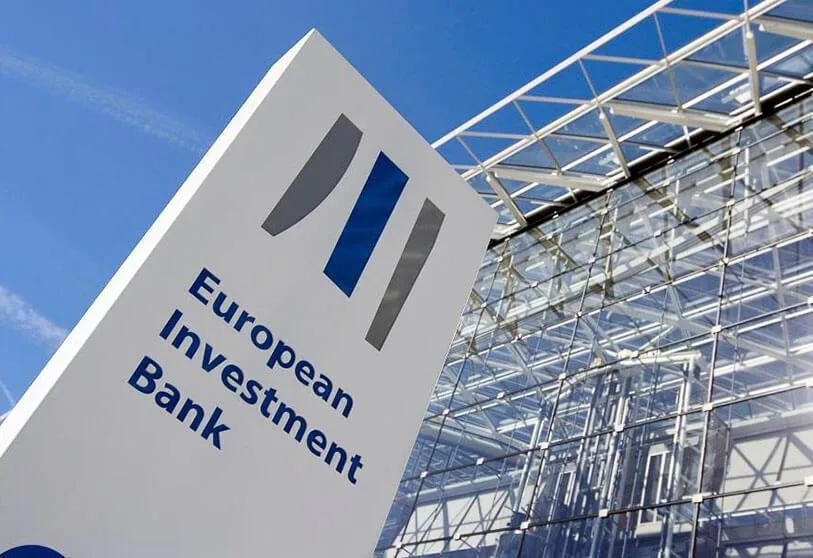From the correspondent in Seville – TThe best minds the European Union has at its disposal meet with representatives of institutions and businesses to study and find solutions in the fight against climate change: this is the purpose of Incite, the platform the JRC (Joint Research Center) launched and presented on June 21 in Seville. Incite, an acronym for European Innovation Centre for Industrial Transformation and Emissions, aims to coordinate the efforts of various players to create a greener European market, moving towards the goal of zero emissions and fostering competitiveness.
The experience gained by the JRC research center in Seville is the first point from which the Incite project started. Here, researchers over the past 20 years developed the Seville method: a scientific system of direct comparison with a mutual exchange of data between scientists, companies, NGOs, and policy-makers that, with the launch of Incite, universities will also join. Thanks to the scientific evidence matured over the years, the ‘Seville method’ has enabled the creation of a list of the best techniques available to reduce pollution and resource consumption by companies, both those in the primary (agriculture) and secondary (industry) sectors.
The conclusions the JRC in Seville reaches are public, and all companies can use them as the aim is to share innovation to achieve decarbonization faster. There have already been over 200,000 downloads of the findings of the European research center. The JRC helped collect the data and prepare scenarios that led to the drafting of the Green Deal. The European research center has been publishing a report examining the state of competitiveness of EU companies based on the objectives of the green transition since 2021. In this context, Incite aims to implement the Seville method to make it even more efficient and functional in reducing emissions for companies.
Special attention is on the so-called energy-intensive enterprises, or those factories that need a lot of energy to produce goods. Examples are the paper and metallurgical industries, which, at present, are extremely polluting in their production. Incite’s bet is to find new production methods that can reduce energy consumption and, at the same time, be economically viable for the producing companies. In this perspective, the Seville method is crucial because it allows for confrontation between scientists and companies during the study phase and before the scientific results are handed over to policymakers to legislate.
A crucial aspect of Incite will be data sharing. To achieve the ambitious zero emissions target, all companies using alternative production methods capable of cutting emissions should share their data: this allows both researchers to examine the techniques used by companies and other companies to apply the same procedures to pollute less. However, industrial secrecy remains protected because, under its supervision, the JRC only publishes data and functional methods to reduce pollution. At the same time, the sharing of techniques is a showcase for medium and small enterprises at the forefront of pollution reduction that can promote themselves through the results shared by Incite on its internet page.
English version by the Translation Service of Withub




![[foto: Centro studi e ricerche del Parlamento europeo]](https://www.eunews.it/wp-content/uploads/2022/09/green-deal-economic-impact.png.webp)





